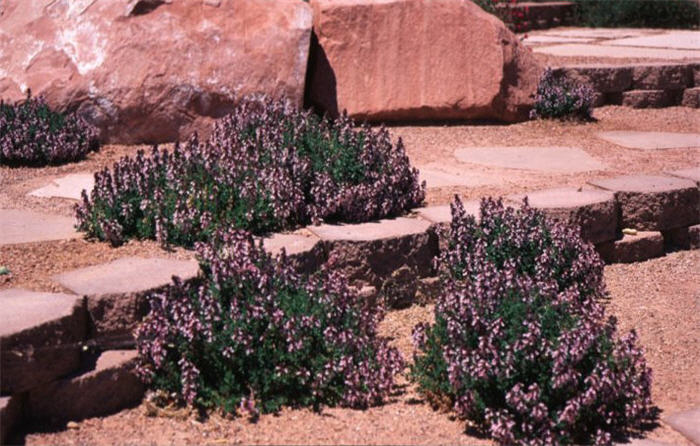| Botanical Name: Teucrium canadense | |
| Common Name: American Germander |

-
Anatomy
-
Culture
-
Design
Plant Type
Ground cover, Herb
Height Range
Under 1'
Flower Color
Blue, Purple, Red
Flower Season
Winter, Spring, Summer, Fall, Intermittent
Leaf Color
Grey Green
Bark Color
n/a
Fruit Color
n/a
Fruit Season
n/a
Sun
Full
Water
Low
Growth Rate
Moderate
Soil Type
Sandy, Clay, Loam, Rocky, Unparticular
Soil Condition
Poor, Well-drained
Soil pH
Neutral
Adverse Factors
n/a
Design Styles
Ranch
Accenting Features
Showy Flowers, Unusual Foliage
Seasonal Interest
Winter, Spring, Summer, Fall
Location Uses
Entry, Raised Planter
Special Uses
Filler, Hedge, Screen, Lawn Alternative, Fire Resistant, Small Spaces
Attracts Wildlife
n/a
Information by: Stephanie Duer
Photographer: wrong picture
Photographer: wrong picture
-
Description
-
Notes
American germander or Canada germander, is a woody-based, clump-forming, rhizomatous, herbaceous perennial of the mint family. It grows about 18 to 36 tall, and due to its rhizomatous nature, can spread 3 or more feet. Soft purplish-pink flowers on spike-like racemes bloom from June to September.
Grow in dry to medium-dry, well drained soil in full sun, though it tolerates part shade. Tolerates poor soils, as long as the drainage is good (soggy or damp soils will cause the plant to rot at the crown). though listed as evergreen, it is not reliably so in our harsh winter climate. Though it has a pleasing, rounded form with no intervention, it will tolerate pruning and shearing. It makes quite a pleasing little hedge, in fact. Can be aggressive in optimum growing conditions where it often spreads easily by rhizomes and self-seeding to form large colonies, though there are worse things that could happen in your garden...